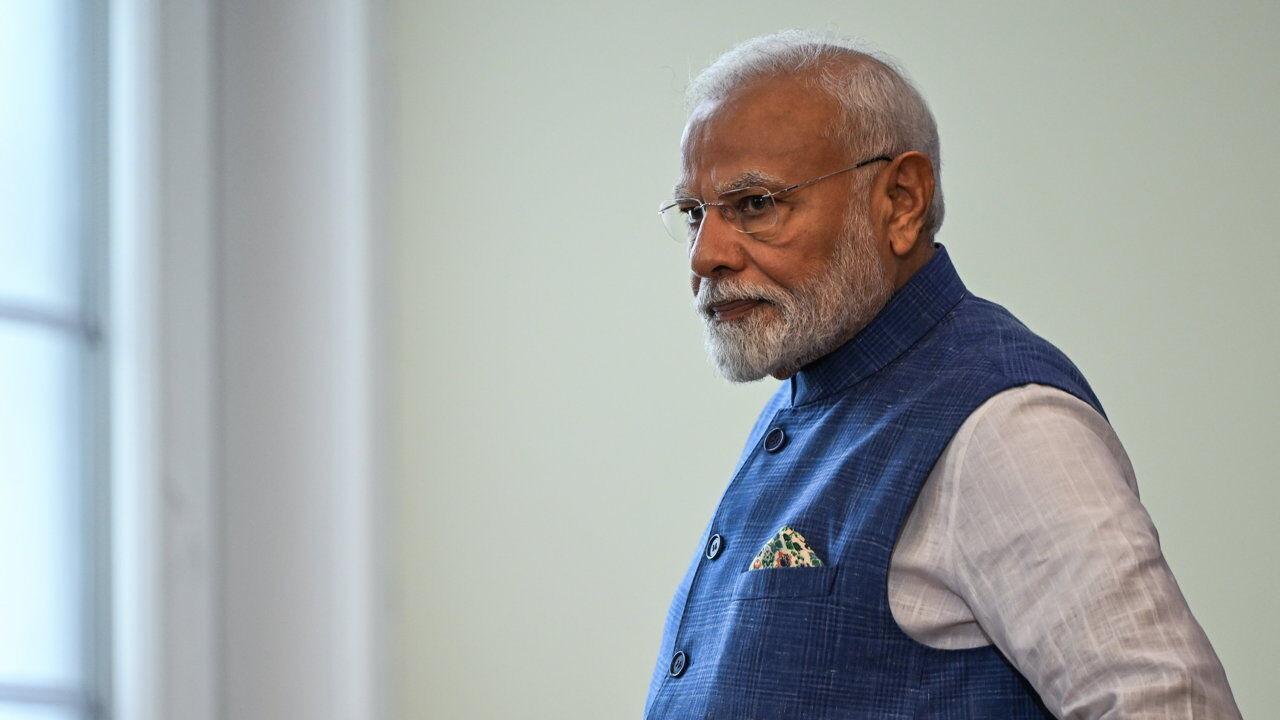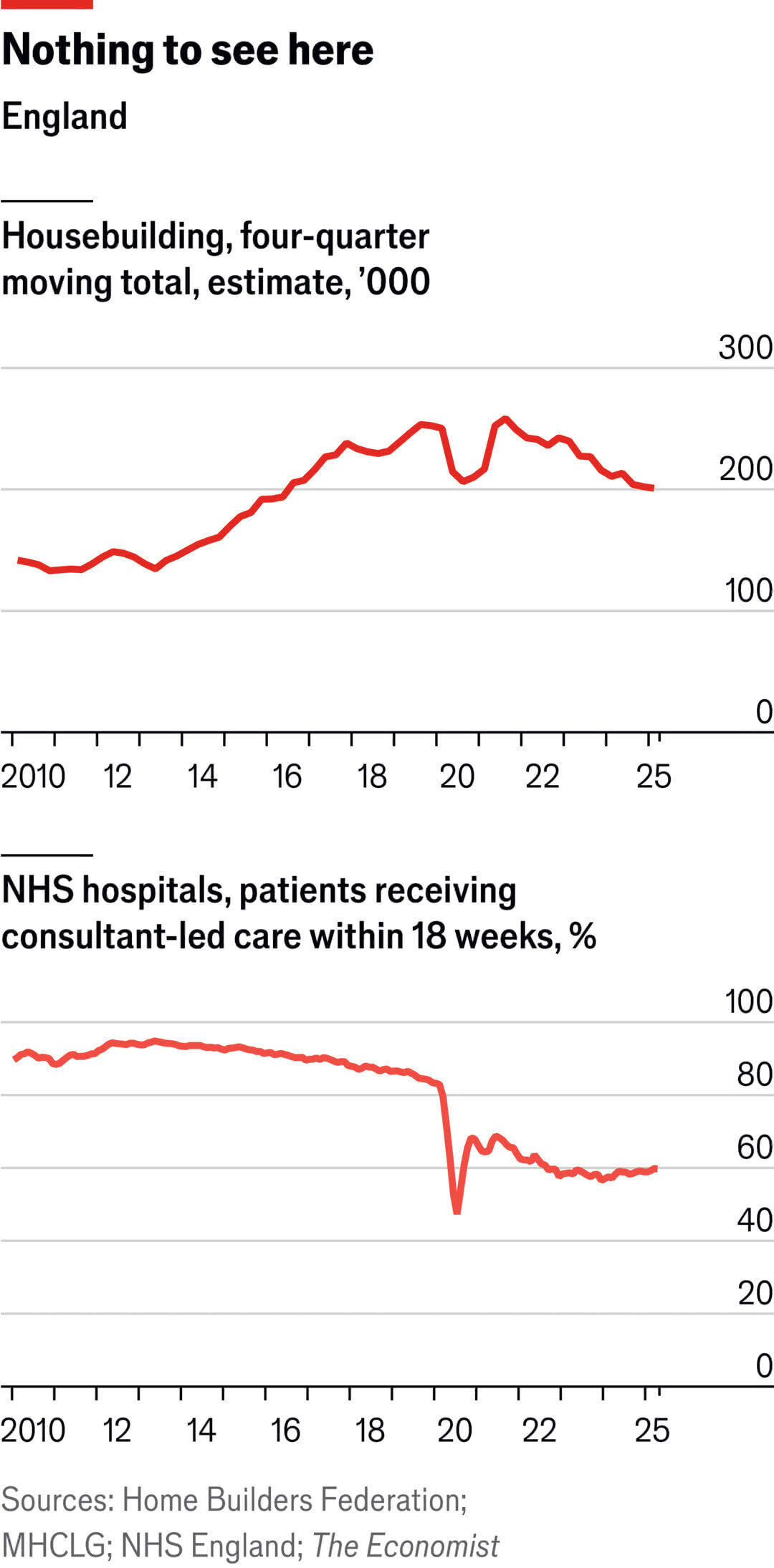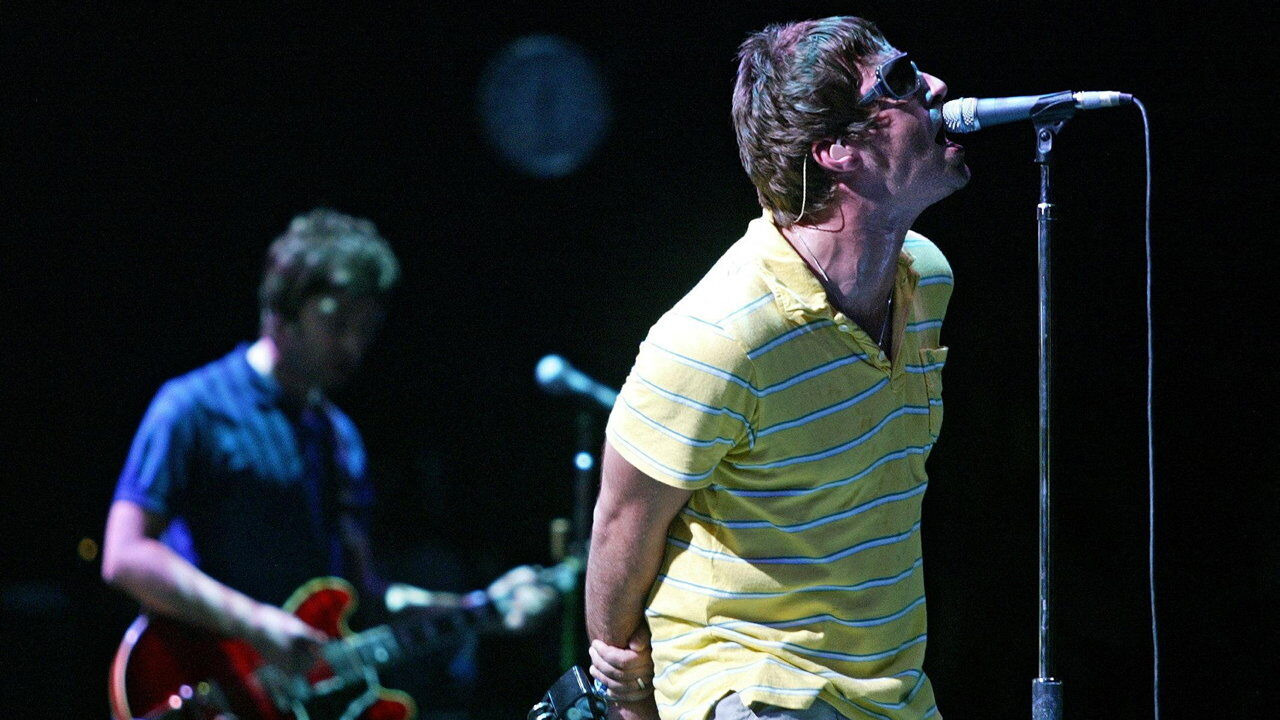America’s House of Representatives passed the “One Big Beautiful Bill” by 218 to 214 votes, sending it to Donald Trump’s desk ahead of his July 4th deadline. Two Republicans voted against it. The Republican bill, which extends the tax cuts from Mr Trump’s first term, is expected to increase the budget deficit and could leave an additional 12m Americans without health insurance.
Russia said that Mikhail Gudkov, its second-highest naval commander, who oversees the navy’s coastal and land forces, was killed in Ukraine. He had reportedly been killed in combat operations in Kursk, a region of western Russia near its border with Ukraine. Mr Gudkov is the one of the highest ranking Russian officers to be reported dead since the full-scale invasion began.
The number of workers on non-farm payrolls rose by a surprisingly healthy 147,000 in America during June. The unemployment rate fell slightly to 4.1%, also confounding expectations. The robustness of the labour market will ease pressure on the Federal Reserve to lower interest rates. Jerome Powell, the Fed’s beleaguered chair, had said that a rate cut in July was not “off the table”.
OpenAI signed a deal worth $30bn a year to rent 4.5GW of computing power from Oracle, a business-software giant. The agreement is part of the artificial-intelligence startup’s Stargate initiative to invest $500bn in building AI infrastructure in the coming years. Oracle plans to build several data centres across America to meet OpenAI’s demand for power.
French air-traffic controllers began a two-day strike over pay and working conditions, affecting hundreds of flights across Europe. France’s civil aviation authority asked airlines to cancel a quarter of their flights to and from Paris on Thursday, and almost half on Friday. Philippe Tabarot, France’s transport minister, called the strikes, which coincide with the start of summer holidays in France, “unacceptable”.
Annual negotiations between Japan’s trade unions and large companies, known as shunto, resulted in the highest wage increase in 34 years. Rengo, the country’s largest federation of unions, estimated that the 7m workers who belong to them negotiated an average wage increase of 5.25% in the spring. The bump will feed into the Bank of Japan’s decision whether to raise rates in response to a rise in inflation.
A small number of senior BBC staff were asked to “step back from their day-to-day duties”. The broadcaster has been heavily criticised after it failed to stop streaming a concert by Bobby Vylan, a rapper from Ipswich, as he led a chant of “Death, death to the IDF”, referring to Israel’s armed forces. Mr Vylan is being investigated by the police over the matter.
Figure of the day: $19, the price of the individually wrapped strawberries that made a grocery chain go viral.

A Capitol Fourth
Spare a thought for the leader who fights on after the battle is lost. Hakeem Jeffries, the top Democrat in America’s House of Representatives, spoke for nearly nine hours on Thursday morning, postponing a vote on the One Big Beautiful Bill act. It was no use. Donald Trump, America’s president, and Mike Johnson, the Republican speaker, had whipped enough would-be rebels into submission. The tax-and-spending bill passed by 218 to 214 votes. Mr Trump intends to sign it into law on Friday—Independence Day.
Mr Jeffries spoke at length about the Americans who would be hurt by the bill. He is not wrong—it will significantly reduce the money spent on health care and welfare. It also extends lavish tax cuts, adding some $4.5trn to America’s debt over the coming decade, according to preliminary estimates. That is likely to harm economic growth. The bill illustrates the long-term damage Mr Trump is doing to the foundations of America’s economy.

India and Argentina on common ground
On Friday President Javier Milei of Argentina is expected to welcome Narendra Modi, India’s prime minister, to Buenos Aires for talks, which will begin on Saturday. It will be the first bilateral visit to Argentina by an Indian prime minister in 57 years.
Mr Modi is on a five-nation tour across Africa, the Caribbean and South America that culminates at the BRICS conference in Brazil this weekend. Argentina made the list in part because of India’s interest in its minerals, such as lithium. The two countries have set up a working group to encourage Indian investment in mining in Argentina.
Attracting foreign money is an important part of Mr Milei’s plan to revive his country’s economy. He’d also like Argentina to sell more food and eventually liquefied natural gas to the world’s most populous country. New partners would also help politically. Argentina trades heavily with China but is tightly aligned with the United States on policy. That can be a difficult balance.

Starmer’s first year ends in tears
The first birthday of Britain’s Labour government on Friday could scarcely offer a greater contrast in fortunes. Sir Keir Starmer won last year’s general election by a landslide, consigning the Conservative Party to its worst-ever defeat. Yet 12 months on, Labour’s polling is dreadful, trailing Reform UK, a hard-right party. All its promises—to grow the economy, build more houses—are off track. On Tuesday the government was humiliated by its own backbenchers, who gutted a bill to cut welfare benefits. The sight of the chancellor, Rachel Reeves, weeping in Parliament seemed to sum it all up.
What went wrong? Sir Keir tweaks systems that need reinvention and shores up institutions that should be demolished. Labour’s reforms to the planning code, Brexit, the National Health Service and taxation are too timid. Consequently, the government has blown its political capital on measures that are often sensible, frequently unpopular, but invariably too small and shallow to make a difference.


Oasis goes all around the world, again
In a summer of big-ticket tours, some musical artists—including even the once unassailable Beyoncé—have been struggling to fill venues. Not Oasis. In perhaps the most anticipated return to the stadium circuit of any, every single date to see the reunited British rock legends, across five continents, has long since sold out. They begin their tour on Friday in Cardiff.
The shows mark a pause in the notorious feud between brothers Liam and Noel Gallagher, the band’s core members. Thirty years ago Oasis were one of the dominant stories in British news. It is testimony to their enduring popular appeal that they managed to repeat the feat when announcing their reunion. Fans, many of whom have paid far over the odds for tickets, will hope that this truce of convenience holds better than on the band’s previous tour. In 2009 Oasis broke up after a pre-concert backstage fight between the Gallaghers. All remaining performances were cancelled.
'The World in Brief - with vocab.' 카테고리의 다른 글
| July 2 update (0) | 2025.07.02 |
|---|---|
| June 30 update (0) | 2025.06.30 |
| June 21 update (0) | 2025.06.21 |
| June 14 update (0) | 2025.06.14 |
| June 10 update (0) | 2025.06.10 |




















